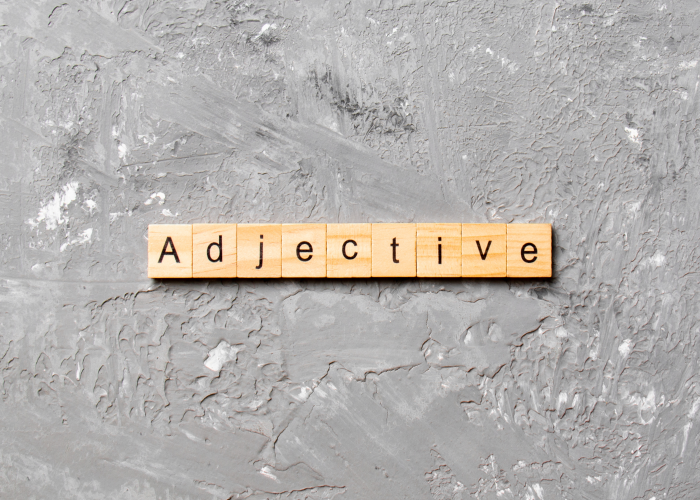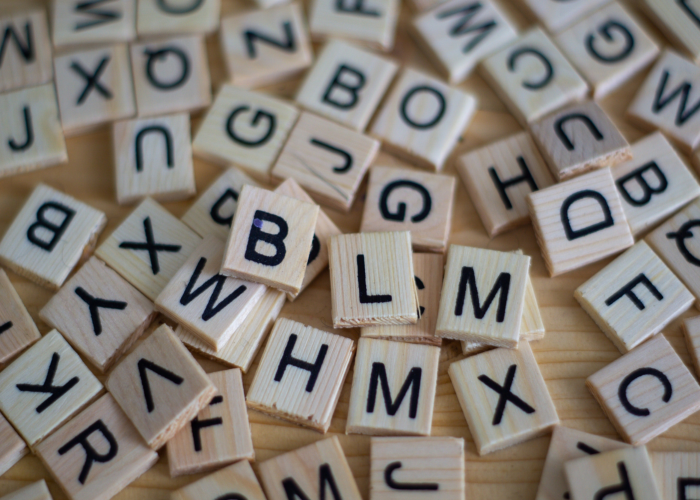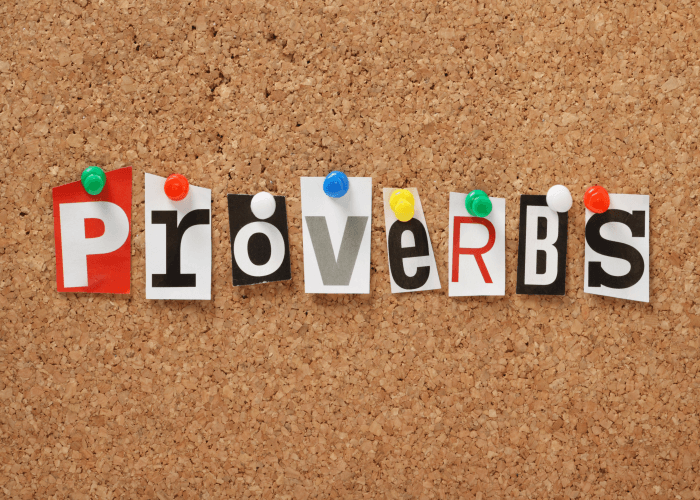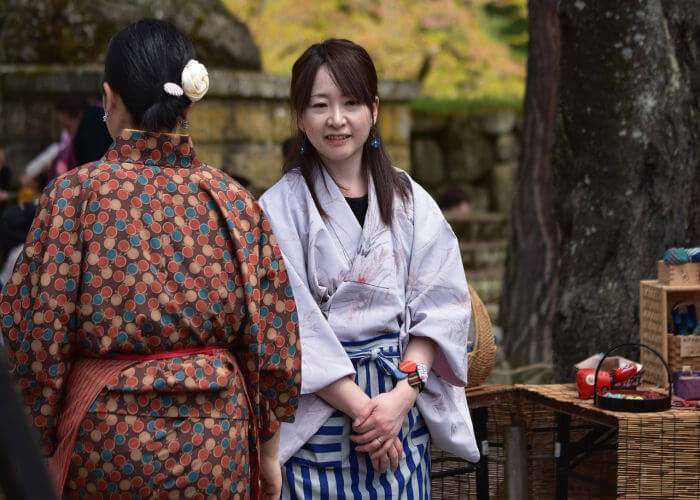Learn Japanese
So, you've decided to learn Japanese. You want to see Anime with a new “eye”, or you've started to socialize with Japanese on the Internet, or you want to finally understand what you favorite Japanese singer says in their songs, or you want to learn more about what Haiku poetry is, or maybe you want to head to Kyoto and be able to meet people over there... What ever the reasons that motivate you, it will be a very long trip. Japanese differs in many points from English, and usually requires 3 years (or more) to be mastered. But don't be scared, or don't give up. After all, it's well worth it.
There is countless material to learn Japanese. On the Internet, with some books (the very famous “Minna no nihongo” (everyone's japanese) which is used in all japanese language school of Japan), by watching movies or anime, by starting a language exchange relationship (a lot of Japanese are very attracted to this route to learn English).
So just start speaking the simplest sentences possible, learn your hiragana and your katakana (yes, you'll need those ones too). But don't forget the kanji! Start learning some of them (the simplest) as soon as you know all your hiragana! A common mistake is to think they are not “really” important if you just want to “speak” Japanese.
The fact is, Japanese language is “tripolar”. By that I mean that the writing, the reading and the speaking (listening/expressing) are three different aspects that needs to be learn on their own and which will complete each other.
You might know how to say a word but that doesn't mean you'll be able to read the kanji... and even if you know to read them, you may not even be able to write them down ! Many words will have the same “pronunciation”. For exemple, the simple word “kawa” (which can mean river or skin), the word “ame” (which can mean rain or sweets), or again the word “kumo” (which can mean spider or cloud)... Of course the context will help you when speaking, but when reading a word in hiragana, you'll be lost...so the conclusion is clear: you need to learn the kanji as well! Some people who are fluent in Japanese now often say that they “visualize” the kanji when they hear a word. If that makes no sense for you, wait to know 2k + kanji.
The kanji
So now you might think you need to know ALL the kanji before arriving in Japan...Thuth is, in my Japanese language school, a lot of Chinese people knew the kanji (of course, they use the same already...) well better than the Europeans...but they were not as skilled for speaking than them. So don't go crazy only on the kanji, you need to practice everything!
Try and find a kanji learning method on the Internet (or the one of “Minna no nihongo”). Kanji can have different “reading” and different meaning. You need to learn the “main” readings and meanings first. So it would be better to follow a clear path and not to jump by yourself in a pound of complexity that will result in you quitting the stuff for good.
The grammar
Japanese has a different grammar. Not very familiar at first for the English speaker. But not all to different either.
Some of the stuff that might bug you first is that the verb, or the main verb, of the sentence will always be at the end...even for a question. Or the use of the “particles”, to identife subject, complement or what else. Or again, the use of totally different words to say the same thing but more or less politely... But you'll get used to it.
A good way to learn is to follow the “minna no nihongo” book; the grammar is explained with examples and goes from the very basic to the most complex (which is mostly the polite forms of speaking).
The pronunciation
Many foreigner (all of them!) have pronunciation problems. The easiest to fix is: the “R” in Japanese is not supposed to be pronunced like in “Rock and Roll”, but like the “L” in “Lola”. Try to think the R is a L, and you'll get over this stupid mistake very quickly.
One thing that helps would be to find yourself in the all Japanese speaking environment. You'll have no choice but to survive! This is how I proceed, actually. I never tried to learn Japanese in school or university, and headed over there with no knowledge at all. It served me right for the speaking, but not for the kanji!
Not quitting
Japanese is a complex language. And it's simple to. Actually, the grammar needed to have an everyday conversation can be learned in one week, 4 hours a day. No kidding. If you want to speak of more “smart” stuff, you'll need 3 to 4 years to learn everything. But again, it will mainly be vocabulary (one of the difficult part of Japanese, which contains long, complex to memorize, words) and polite forms.
You'll find yourself reaching a lot of plateau. You won't progress as fast as you want. More frustrating, you'll understant a lot but won't be able to express yourself. You'll feel like a baby again. That's normal, and you shouldn't let go only because of that.
Some advice
If I had to give you one advice, it would be : Do not translate!
By that I mean, when you learn something new (grammar, vocabulary, etc...) just accept it as an idea, or a concept. Don't try to translate it in English in your head so you can understand it better. If you start to translate back and forth, you'll be slow to understand, slow to express yourself...
The best way is to create a new space in your brain, let's call it the Nihon no nou (Japanese's brain). You have to think in Japanese, accept that you can not translate or explain what you know, but that you have a part of you (your Japanese's brain) which is able to do it for you.

Before reading other articles, you should try to understand Japanese pronunciation.
This is because all the Japanese texts are written in romaji (the Western alphabet) and not in the original Japanese system (the kanji, which are numerous and complex even for advanced learners).

This page contains a table including a list of Japanese numbers - both cardinal and ordinal - and how to use them.
The numbers are written in English, Japanese pronunciation and Kanji.

This page contains a number of useful expressions in Japanese relating to making plans and inviting someone to do something.

This page features many different common expressions for greetings and general chat.
The topics include the weather, food and feelings.

How do you buy things in Japan? It’s easy! In Japan, the client is treated like royalty, so you’ll enjoy the best service on earth.
Yet, it’s always helpful to have some of the sentences listed on this page in mind to break the language barrier.

This page contains some essential phrases to help you if you are not feeling well and need some medical help while in Japan.

Japan is very crowded, and the malls or subway stations of Tokyo are some of the most frequented places on earth. The most important thing to do to not get separated from friends or family is to stay close.
If you do happen to lose a member of your group, these expressions and sentences may be useful in describing the missing person.

This article provides an introduction into what to expect when walking into various types of restaurant in Japan, as well as useful phrases that you may need.

If you are lost in Japan, most people will be very helpful. In fact, you'll be surprised that sometimes the people you ask end up showing you the way by going with you!
It is worth learning the words and sentences on this page before you travel in case you do end up getting lost somewhere in Japan.

This page contains useful terms for such things as days of the week, months, seasons, ages and more.

This page contains a table including many different Japanese adjectives and adverbs. Try to memorize the way they're used because they're very important in communication, and might be very helpful to convey your most important expressions.
This article is not intended to give you a list of all the adjectives that feature in the Japanese language, but to explain to you what types of adjectives exist, and how they are used.

This page contains a table including the symbols and letters of the Japanese alphabet, including Kana, Hiragana, and Katakana. As well as letters which will help you pronounce the words, you will also learn about the different consonants and vowels.

Understanding grammer is an essential part of learning any language, and learning Japanese is no different.
This large and comprehensive page covers topics such as asking to do something, authorizing something, causality, conditional and many more.

This page contains a table focusing on Japanese phrases, expressions and words, conversation and idioms, greetings and survival phrases. It also helps if you simply want to know what to say when chatting in Japanese!
Most of the sentences on the page are used for everyday life conversations, so they might come handy if you memorize them.

With a culture and civilization that can be traced back thousands of years, it is no surprise that many Japanese sayings and proverbs have been created.
These are words from ancient times - short, popular sayings of unknown authorship - expressing some general truth, superstition or wisdom.

A page on Japanese symbols and calligraphy; from famous wisdom words and signs, to Japanese characters and alphabet.

This page contains a table that features Japanese Verbs and tenses. Try to memorize the way they're used because they're very important in communication, and might be very helpful to convey your most important expressions.
Fortunately, there are very few irregular verbs. So if you master the regular verbs and how to use them, then you would have taken care of 98% of the verbs in use.

This page contains over 300 Japanese words that are useful to know and are likely to come up in everyday conversation.
There are words for animals, body parts, food items, people, survival terms and many more.

Discover the meaning and cultural significance of Japanese names.
This comprehensive guide covers many topics such as naming structure, customs, regional variations, cultural significance, and additional resources.

This page provides a large list of names for Japanese girls/females.
The list can be used to name newborn babies, or to find out the meaning of a certain first name you heard before.

This page provides a large list of names for Japanese boys/males.
The list can be used to name newborn babies, or to find out the meaning of a certain first name you heard before.
